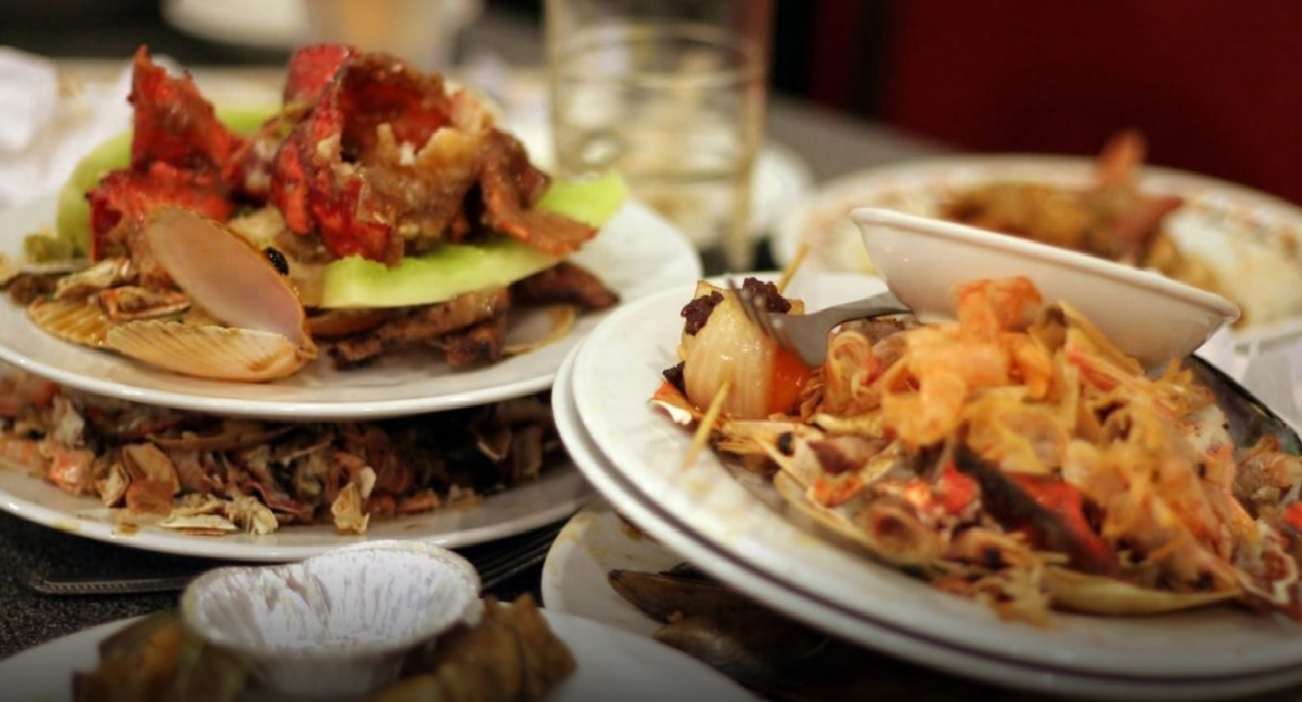Food Waste in Ramadan Costs 5% of Household Budgets
Statistical data has revealed that food waste increases significantly during the month of Ramadan, as Tunisian families tend to buy more food than they need and end up discarding large amounts despite fluctuating prices and economic challenges in the country.
Food waste costs Tunisians 5% of their total food expenditure, with households wasting vast sums of money annually on discarded food. According to the National Institute of Consumption, food waste is a growing issue, especially during Ramadan. Bread tops the list of wasted food items, accounting for 46% of discarded food.
Key Indicators
According to the UN Environment Programme’s Food Waste Index, Tunisia ranks third in Africa in terms of food waste, with an average of 172 kg of food wasted per person annually. Nationally, the country discards about 12 million tons of food each year, costing more than 500 million dinars ($185 million).
Tunisia’s high level of food waste exceeds that of larger African countries, which experts attribute to deeply ingrained consumption habits and inefficient food management practices. This phenomenon has severe consequences, particularly on the country’s natural resources, including its already scarce water supply. Food waste is prevalent in both households and the hospitality sector, including restaurants and hotels.
In Ramadan, bread and food waste have a particularly significant impact on water resources. The estimated daily waste of 900,000 loaves of bread during the holy month results in the loss of 11.2 billion liters of virtual water. This is particularly concerning as Tunisia faces persistent drought and water shortages. The National Institute of Consumption has confirmed that citizens dispose of large quantities of bread throughout the fasting month.
Awareness Campaigns
According to statistical indicators, bread waste in Ramadan surpasses27 million loaves, while producing just one kilogram of bread requires approximately 1,600 litres of water. Bread remains the most wasted food item year-round, with waste increasing even more during Ramadan due to the availability of various types of bread beyond the subsidized options.
Consumer advocacy organizations point to poor bread quality as a major reason for waste, noting that better-quality bread could be repurposed and consumed in different ways. Tunisia’s bread production lacks sufficient quality standards, which leads to high levels of wastage. Consumer groups also highlight the importance of improving bread quality through fibre enrichment to reduce waste and its associated costs, including losses in water, electricity, and state subsidies.
Addressing food waste requires tackling its root causes and promoting more responsible consumption habits among Tunisians. Official data from the National Institute of Consumption shows that food waste increases in Ramadan by 66.6% for cooked meals, 46% for bread, 31.7% for fruit, 20.2% for pastries, and 19.2% for meat.
The excessive food waste seen during Ramadan is a growing concern for both government agencies and consumer protection organizations, as it places additional financial burdens on families and strains the national economy. With Tunisia facing economic difficulties and severe water shortages, curbing food waste is becoming an urgent priority
